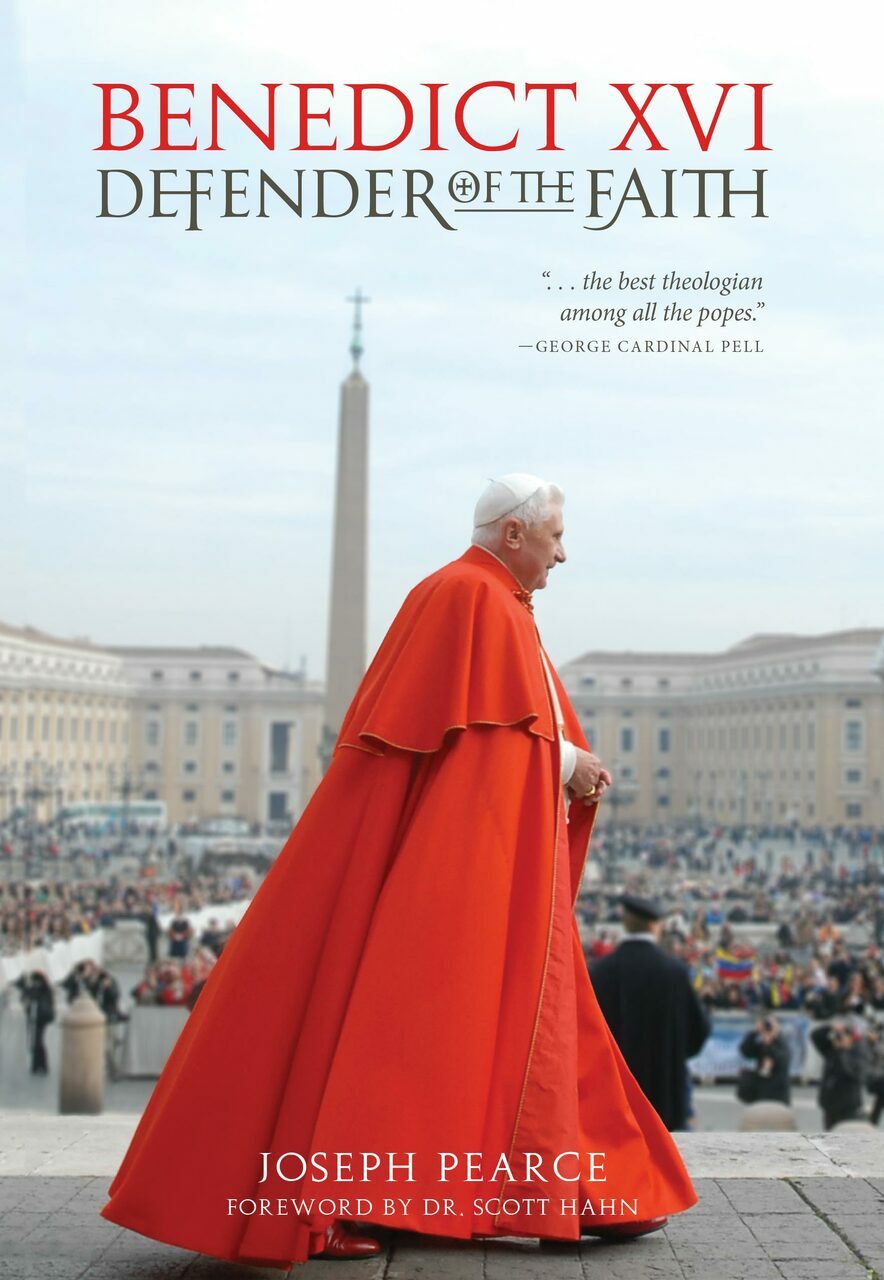Conservatives like to bemoan the “liberals” but I like to bemoan the “literals”. These are the Christians who insist on taking every aspect and word of the Bible literally. There are two kinds of “literals”–both conservatives and liberals, and both have their roots in the Protestant doctrine of sola Scriptura.
Sola Scriptura is that man-made, late invented doctrine that teaches that our sole authority is the Bible. The doctrine is well known among Evangelical Protestants and their detractors. It takes the form of fundamentalism–that every word of the Bible in its original language must not only be true, but must be historically and scientifically accurate also. This fundamentalist approach was the assumed position by most Christians in an unenlightened age. It was simply assumed that the Bible was God’s word and therefore it must be true in every detail and in every way. Such a literalist position is still held by Protestant fundamentalists and has led to some seriously absurd positions.
It is easy to be critical of these conservative literalists, but to miss the fact that the liberal Protestant reaction to this fundamentalism is just as literalist in its own way. What happened was this: during the enlightenment in the 17th and 18th centuries scholars began to question the literalist assumptions of the church. They began to approach the Scriptures with the “historical critical” method. They first began to poke holes in the hisoricity of the Old Testament stories. It was during this time that the sciences of anthropology and archeology began to develop and the more the scholars discovered about ancient cultures and ancient civilizations the more they began to criticize the historicity of the Old Testament.
The critical attitude prevailed and the New Testament was the next to come under attack. Scholars of the late nineteenth and early 20th centuries doubted the authenticity of the gospels, the epistles of St Paul and the rest of the New Testament canon. This attitude of doubt took priority, but no one questioned the underlying philosophy–that this approach (in its doubt) was just as literalist as the fundamentalists who the liberal critics were attacking.
In other words, the liberal scholars were just as focussed on the bare historical facts (trying to show that they were unreliable) as the fundamentalists who were intent on defending the historical accuracy. In doing so, both types of literalists ignored, overlooked and dismissed the important meaning of the texts. They neglected the church’s traditional way of reading the Scriptures –which had never been strictly literalist. This comes as no surprise since both types of literalists were the progeny of Protestantism with its foundational creed of sola Scriptura.
In Joseph Pearce’s new book Benedict XVI-Defender of the Faith— he brings out Joseph Ratzinger’s brave attempt to counter the destructive work of both types of literalists–the liberal and the conservative Protestants (both those who are Protestant and those of the same mentality working within the Catholic Church)
St Augustine and Aquinas taught that the first level of Scriptural understanding was to see (in the OT) an allegorical level of meaning. That is to ask, “Where is Jesus in this story?” So, for example, when the patriarch Joseph is sold by his brothers into slavery in Egypt we see Jesus being sold by his brothers into death. Joseph is thrown into a pit. Jeremiah is thrown into a pit. Jesus is thrown into a pit. And so forth. The second level of meaning is moral: What lessons do we draw from the story about our own moral choices? The third level is anagogical: what does the story teach us about the supernatural workings of divine providence and the supernatural realm?
This way of reading Scripture does not ignore the historical importance and the literal meaning, but it does not treat that level as the most important–or indeed the only important element. This traditional way of reading Scripture treats the Divine Revelation–in Scripture and tradition–as a unified whole. God speaks to his people through a living, active dynamic revelation of which Scripture is a vital part.
Pearce quotes Benedict XVI to make his point:
Revelation is not a meteor fallen to earth that now lies around somewhere as a rock mass from which sample can be taken and submitted to laboratory analysis.”
He also quotes St Augustine on the same problem
What the apostle says pertains to this problem:”For the letter killeth but the spirit quickeneth.” That is, when that which is said figuratively is taken as though it were literal it is understood carnally.”







Leave A Comment
You must be logged in to post a comment.